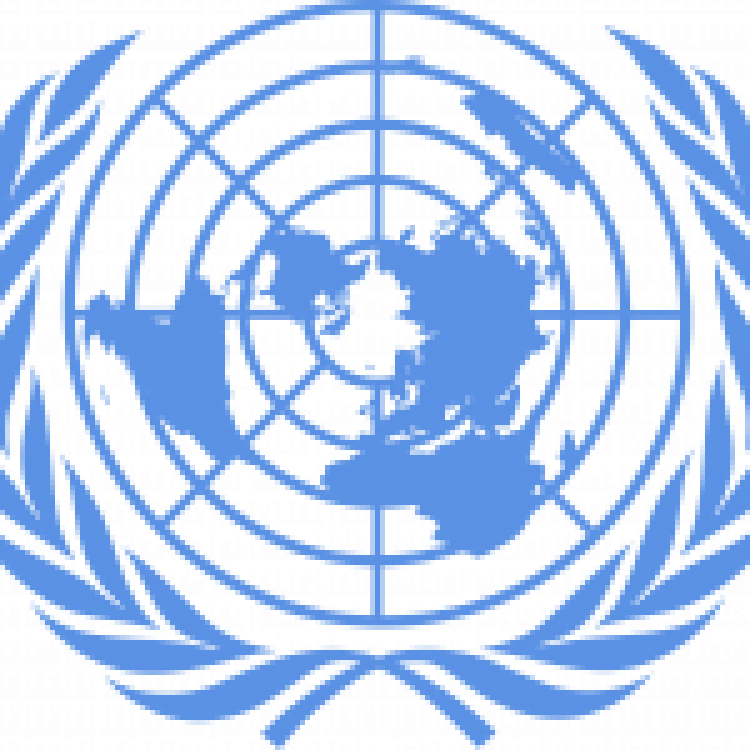<p>International human rights organisations such as Amnesty International and Human Rights Watch has called on Bahrain to release imprisoned opposition activists, journalists and leaders as well as human rights campaigners during this crisis caused by the coronavirus pandemic.</p>
<p>HRW’s statement follows the release of 1,486 prisoners, 901 of which were released on “humanitarian grounds”. 585 were given non-custodial sentences. According to the Bahrain Center for Human Rights (BCHR), 394 detainees of the 1,486 released were imprisoned on political charges. This includes opposition leaders who led the 2011 protest movements.</p>
<p>HRW reports that many of those imprisoned were subject to unjust trials under an overly broad counterterrorism law and have also been overlooked fr early release or an alternative penalty.</p>
<p>Lynn Maalouf, Amnesty International’s Middle East director of research, stated on the matter</p>
<blockquote><p>
“Bahrain’s significant release of prisoners is certainly a welcome relief as concerns around the spread of COVID-19 continue to rise. Authorities must now speedily release those who never should have been in jail in the first place, namely all prisoners of conscience who remain detained solely for exercising their right to peaceful expression […] We also urge the authorities to step up measures to ensure full respect for the human rights of all those deprived of their liberty.”
</p></blockquote>
<p>Similarly, Joe Stork, deputy Middle East director at HRW stated;</p>
<blockquote><p>
“Bahrain’s first wave of prison releases was positive, but insufficient […] The authorities should further reduce the prison population by releasing those who are imprisoned solely for their political beliefs or for exercising their right to free speech and peaceful assembly. Meanwhile, the authorities should ramp up efforts to ensure that the remaining prison population has access to the medical care, is protected from the transmission, and is provided with the information that they need to combat the COVID-19 pandemic.”
</p></blockquote>
<p>Read HRW full statement <a href="https://www.hrw.org/news/2020/04/06/bahrain-free-imprisoned-rights-defe…">here.</a></p>
A former Sri Lankan military officer has been arrested after he reportedly raped a…

